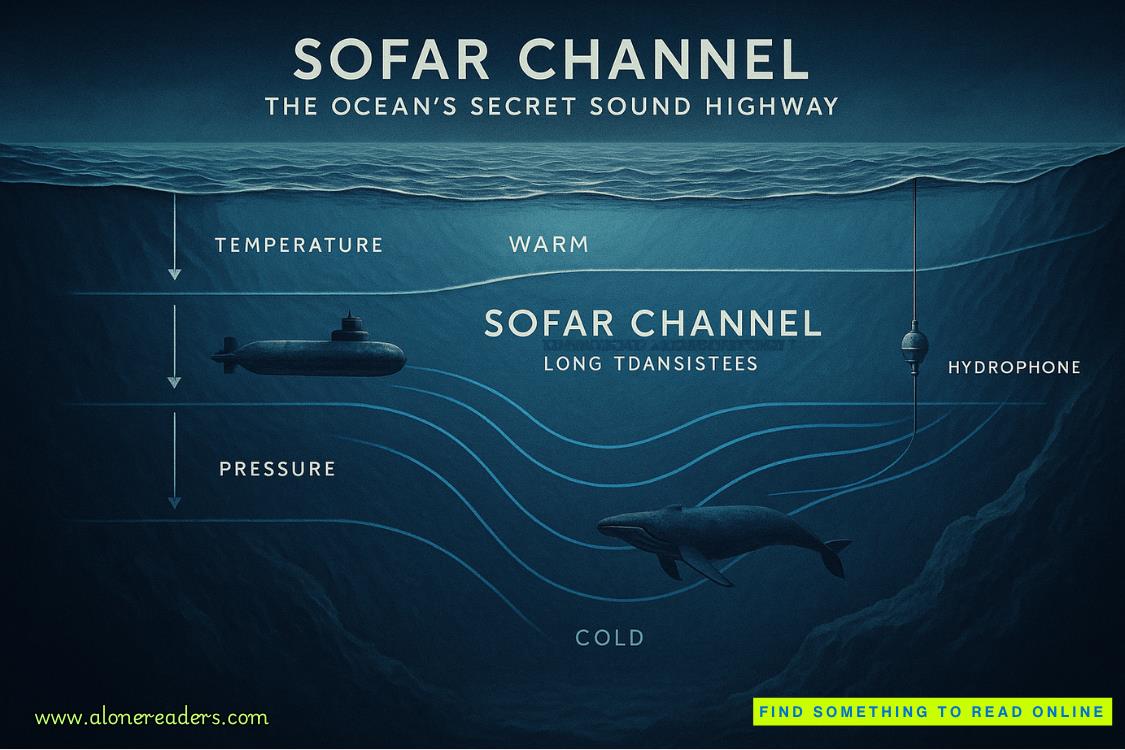I’m sitting cross-legged on my bed, half-dressed for work, finishing the toast and jam I made, trying not to think about the fact that Calvin Midnight is in the cabin next door and I took all my anger out on him the second he got out of his truck.
He started it, but still.
I can hear every damn thing he’s doing over there. Bootsteps that sound too heavy for a literature professor. Drawers sliding open like he’s looking for something he lost ten years ago. The metallic clink of what might be a belt buckle or keys, and my brain unhelpfully chooses the first option, imagining?—
Stop it.
Laila snores beside me, paws twitching in some dog dream where Susan’s probably still alive and throwing tennis balls into the Sound.
I’m annoyed. Not just regular annoyed. That specific brand of pissed off that comes from someone getting under your skin in three minutes flat. That’s all it took for Calvin to waltz backhere with his grieving son act, his boxer’s biceps, his Disney prince jawline, and that professor’s brooding scowl. And that nose, slightly crooked from some old break in the boxing ring. It should make him look rougher, but instead it just adds this rugged charm. Add the three-day stubble and dark hair falling into his eyes, and it’s like he’s been designed to irritate me.
When’s the last time you were even here?I’d asked him.
Good God, Maren. Way to go straight for the jugular. The man’s mother died three days ago, and you’re already drawing blood and lashing out about groupies.
My phone buzzes with a text. It’s Lark, wanting to know if I can come in early since it’s getting busy. I text back that I’m on my way and go to stand, but my hand brushes on the book buried in my blankets.Hisbook.The Weight of Quiet Things. A beat-up paperback edition from before the book went viral on TikTok and Instagram, causing book clubs to lose their minds. Back when Calvin Midnight was just Susan’s second oldest son, just a guy who’d written something that made me feel less alone after my parents died.
I shouldn’t. But I flip it open anyway, finding the page I’ve read so many times the spine automatically falls there. The passage I’ve underlined twice in different pens, different years:
It’s strange how absence carves space in the world. How a missing voice becomes the loudest sound in the room. They say time heals, but that’s not quite right. Time just teaches you how to love someone who isn’t there to love you back.
Calvin Midnight, cold as he is, knew how to write grief. Before he gave up. Before he became the guy who acts like his success was some kind of burden instead of a gift the rest of us would kill for.
I was twenty when I first read this. Still fresh off losing both my parents to a drunk driver who walked away without a scratch. Susan had given me a job washing dishes in the back of the bar, probably because she couldn’t stand to see me hauntingthe grocery store where Mom used to work, buying microwave dinners for one. I’d read Calvin’s essays during my breaks, tears dripping onto pages that described exactly what it felt like—that peculiar silence where two voices used to be. The way grief moves into your house and rearranges all the furniture.
That’s when I hear him in the shared kitchen, cabinets opening and closing, turning on the tap.
As if he could see straight through the wall, I panic and shove the book under the sheets, like hiding it could erase the fact I’d been caught reading the man’s thoughts. I button my shirt with fumbling fingers, tuck it into my jeans, and hover by the shared door.
For a second, I consider staying put. Let him rattle around in there alone. After all, our last run-in wasn’t exactly friendly. But we’re stuck side by side for the foreseeable future, and hiding forever isn’t an option. With a deep breath, I decide to make an effort.
I open it just as he’s coming out of the kitchen area, and we nearly collide in the small hallway between our cabin doors. I have to grab the doorframe to keep from stumbling into him.
“Sorry,” he mutters, stepping back.
“It’s fine,” I say with a hint of bite. So much for making an effort.
Up close, I can see the exhaustion carved into the lines around his eyes, the stubble softening the polished professor from those viral videos. He stands over me, tall enough that I have to tilt my chin to meet his eyes, broad-shouldered but lean, his presence shrinking the hallway. I move past, heading into the kitchen for my thermal water bottle. I hate that I notice how good his cologne smells.
He leans against the kitchen doorway. “Has anyone ever told you that you hoard condiments like a raccoon?”
“Excuse me?” I grab my water bottle from the counter and turn to face him.
A ghost of a smile tugs at his mouth, and he nods toward the kitchen. “Pretty sure twenty different bottles of hot sauce qualifies as hoarding, not connoisseurship.”
An olive branch, maybe. I’ll take it
“I like hot sauce,” I say. “Besides, this is coming from the man Susan said could taste the difference between 195 and 200 degree water for his pour-over coffee. We all have our obsessions.”
He pauses, and something flickers across his face. He glances at the counter where Susan’s pour-over setup sits, unused, next to my French press, still half-full from this morning. “Is that from that roaster in Seattle she loved?”
“Yeah,” I say, quieter now. “She got me a bag for Christmas one year and I’ve been hooked since. We started buying it in bulk.”
“She was a total foodie. Said life was too short for anything less than the good stuff.” His voice goes soft on the last part.
The moment stretches between us, unexpectedly gentle, before I ruin it. “Too bad she never got to teach you about good hot sauce.”
He actually laughs at that—a surprised, genuine sound. “She tried. Said I had the palate of a suburban dad at a Chili’s.”















